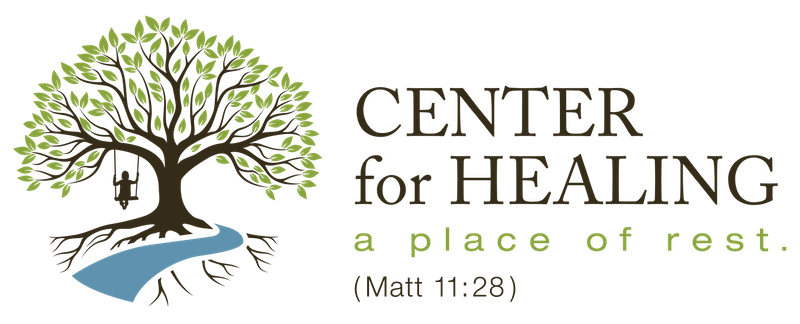
One recent morning, I was lying on my bed gazing somewhat blankly at the ceiling as I tried to wake up. In my not-fully-alert state, I was aware that something about the ceiling seemed very familiar in an oddly comforting way. Before I really realized why, I simply had a bodily sense akin to something like "ah, there you are." The comforting thing about the ceiling, it turns out, is that it is a high, vaulted one with bits of cobwebs scattered across the corners. Normally, I don't think I find cobwebs particularly comforting. In this case, though, the sight returned me to childhood memories of my family home, which has a similarly high, vaulted ceiling in the living room. For as long as I can remember, that living room has had cobwebs scattered across the crevices and corners of its ceiling. Too high for anyone to reach with a duster, those cobwebs were a sort of fixture in my family home. They didn't add to the aesthetic appeal of the room, that's for sure. But, unlike other things that came and went, such as a couch here or a piece of art there, the cobwebs were always there.
As I lay there on my bed taking note of how familiar the cobwebs were to me, and how that actually made my room feel safer in some strange way, I thought of the related phenomenon which psychology has dubbed "repetition compulsion." In essence, this phrase describes the real struggle many people have in resisting the dysfunctional contexts of their past and charting a new course for their future. This is a familiar thing to watch in ourselves or in others. Why do I keep dating emotionally distant partners? Why did she go back to alcohol when it almost killed her last time? It can be a deeply frustrating and sometimes heartbreaking reality that we tend to gravitate back toward the sources of our pain. Why do we do it? There is more than one theory. For one thing, we are simply creatures of habit. We tend to default to what is most familiar even if it does not actually make us more comfortable in the truest sense. Change is hard, and it can be scary, even when it is good change that brings healing and growth. The devil you know can seem better than the one you don't. Sometimes, a sense of doom around one's chances of life getting truly better can be at play. If it's always been painful in a given area, one might decide that this is as good as it gets. This is a kind of despair that one might not know one is engaging. If one's legitimate and deepest needs as a human person have been inadequately met, this can result in an internalized sense of being undeserving that one is not easily able to recognize as a distortion of the truth. There can also be a deep-seated motivation to repair what has been broken by re-creating relational scenarios of our past. If we can just get it right this time, we will feel more whole. This can be a powerful motivator away from the change that heals because it keeps us focused on repeating history rather gaining new experiences of relational repair in healthier scenarios.
Whatever the reasons that we tend to go back to the sources of pain and dysfunction, there's no denying that this is a problem for many. Is there hope? Always! And as with many things, recognizing and naming the landscape of one's past and one's own heart is the critical first step. It's also one that we are meant to take with others who can support, accompany, and guide us. We need trustworthy voices to help us correct the faulty lens through which we see ourselves, our worthiness of good change, and our capacity to step into it without getting obliterated in the process. We need the good gaze of others that reflects to us who we are and what we are made for. "For I know well the plans I have in mind for you," God has told us, "plans for your welfare and not for woe, so as to give you a future of hope" (Jer. 29:11).
Hope. Advent is a season of hope, and the first week of Advent in particular focuses on hope - in that One who can walk us through whatever change and newness we need to become more whole and more capable of that depth of human intimacy we all crave. “To come to know God—the true God—means to receive hope,” Pope Benedict XVI wrote in his encyclical Spe salvi. And as Bishop Conley of Lincoln taught: "Hope is knowing the Lord, believing in his promises, and trusting that he loves us, transforms us, and sanctifies us."
So I for one will work on dusting those cobwebs away. The ceiling really would look better without them.
Peace,
Anna Heschmeyer, MS PLMFT



